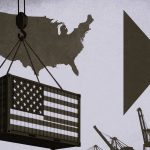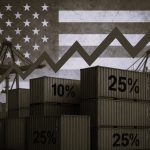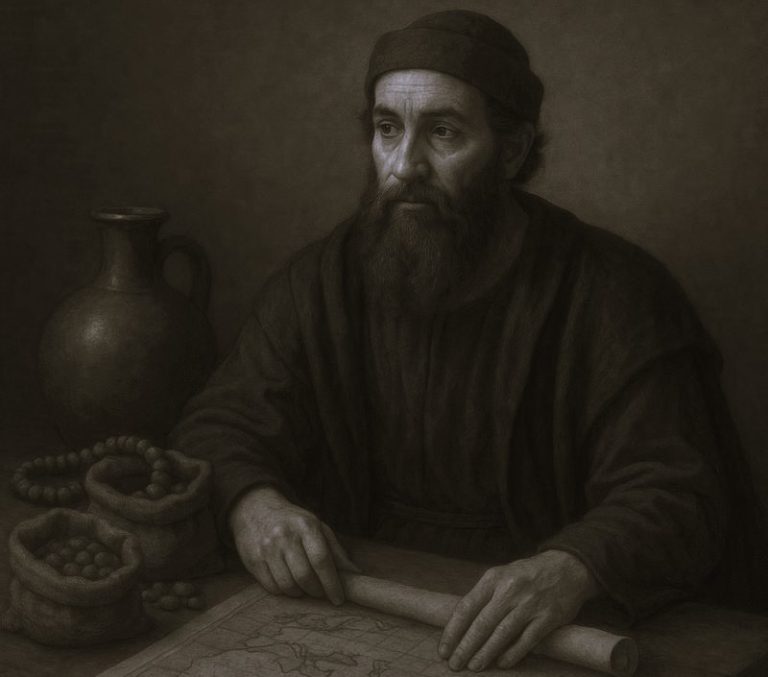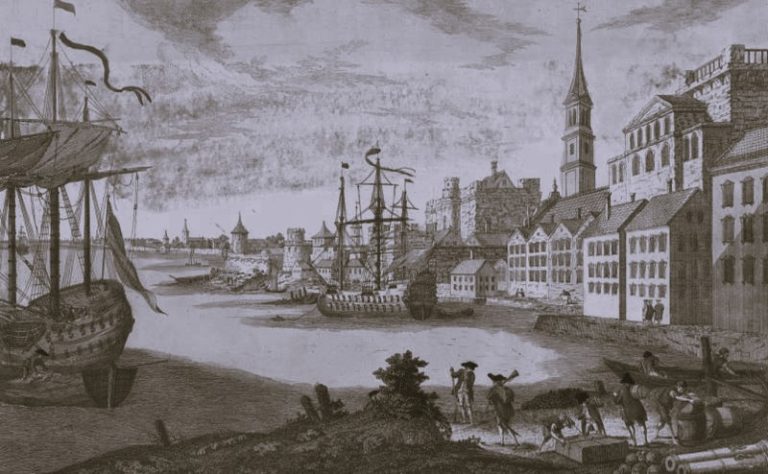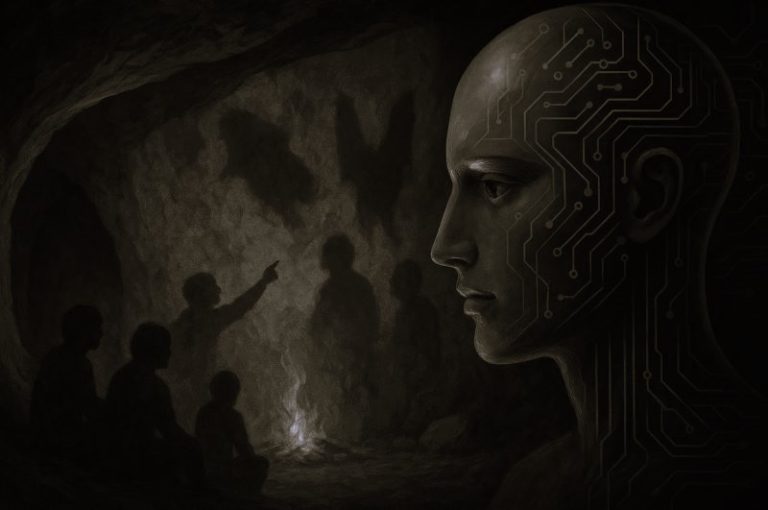

The same tactics used to cast doubt on the dangers of smoking and climate change are now being used to downplay COVID.

By Dr. Naomi Oreskes
Henry Charles Lea Professor of the History of Science
Harvard University
2020 has been a historic year— and mostly not in a good way. Among many things, we saw a historic level of disregard of scientific advice with respect to the COVID-19 virus, a disregard that made the pandemic worse in the U.S. than in many other countries. But while the events of 2020 may feel unprecedented, the social pattern of rejecting scientific evidence did not suddenly appear this year. There was never any good scientific reason for rejecting the expert advice on COVID, just as there has never been any good scientific reason for doubting that humans evolved, that vaccines save lives, and that greenhouse gases are driving disruptive climate change. To understand the social pattern of rejecting scientific findings and expert advice, we need to look beyond science to history, which tells us that many of the various forms of the rejection of expert evidence and the promotion of disinformation have roots in the history of tobacco.
Throughout the first half of the 20th century, most Americans saw science as something that made our lives better. Science had deepened our understanding of the natural world, which helped us to cure diseases, light our homes and bring new forms of entertainment into our lives. Perhaps most important, physicists helped to win World War II and became cultural heroes. Chemists got their due, too. As DuPont reminded us, we had “better things for better living through chemistry.” At General Electric, scientists and engineers were helping to “bring good things to life.” These were not just slogans; corporate R&D really did produce products that measurably improved many American lives. But corporate America was also developing the playbook for science denial and disinformation.
READ ENTIRE ARTICLE AT SCIENTIFIC AMERICAN

